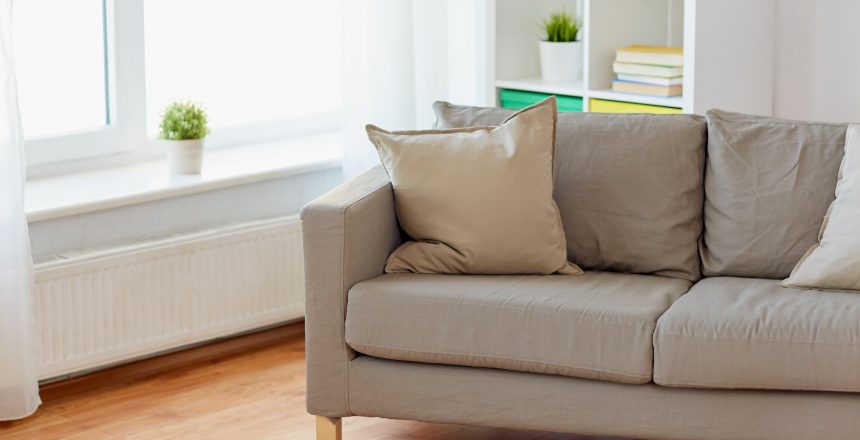One out of three adults age 65 and older falls each year, but less than half talk to their healthcare provider about it.
Exercise regularly. It is important that the exercises focus on increasing leg strength and improving balance and that they get more challenging over time. Tai Chi programs are especially good.
Ask your doctor or pharmacist to review your medication—both prescription and over-the-counter—to identify medicines that may cause side effects or interactions such as dizziness or drowsiness.
Have your eyes checked by an eye doctor at least once a year and update your eyeglasses to maximize your vision. Consider getting a pair with single vision distance lenses for some activities such as walking outside.
Make your home safer by reducing tripping hazards, adding grab bars inside and outside the tub or shower and next to the toilet, adding railings on both sides of stairways and improving the lighting in your homes.
Make sure to keep your home well-lit. Timers are a great option if you have a hard time remembering to turn lamps off and on.
Remember to get up slowly from a lying or sitting position to prevent dizziness.
Always wear non-skid, low-healed, fully enclosed shoes or at minimum, non-skid socks.


